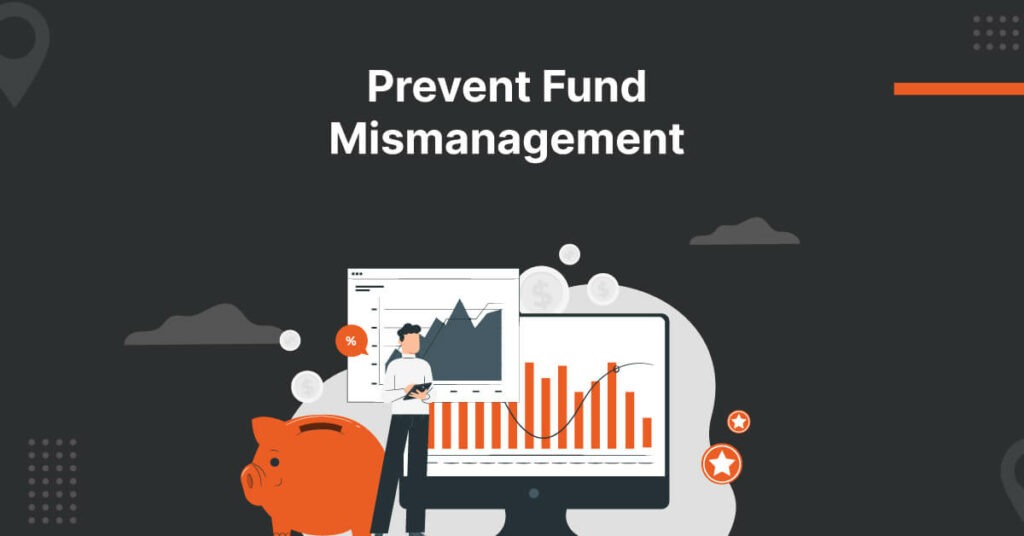
In today’s fast-paced corporate environment, the role of finance leaders has evolved significantly. This is especially seen within the business travel sector. Finance leaders must manage budgets and drive strategy as companies navigate global travel.
All these are in alignment with travel and broader business objectives. The modern business travel landscape presents both challenges and opportunities. Finance leaders must adopt innovative strategies to enhance travel efficiency and costs.
With technology rapidly changing, finance leaders must leverage data analytics and financial insights to make informed decisions. Hence, in this blog, we will explore the pivotal roles finance leaders play in the business travel space. We will focus on their contributions to cost efficiency, strategic planning, risk management, and the importance of adopting advanced travel management solutions.
The Expanding Role of Finance Leaders in Business Travel Management
Initially, business travel management was done by procurement teams or travel managers. But with the increasing demand, finance leaders have become crucial in shaping travel policies. Modern finance leaders are no longer just number crunchers; they are strategic partners. They ensure every business trip contributes to organizational goals while minimizing unnecessary expenses.
1. Cost Optimization and Budgeting
A core responsibility of finance leaders is ensuring business travel expenses align with the company’s financial objectives. Travel can be a significant line item in an organization’s budget, particularly for large businesses. Leaders in finance work on creating and enforcing travel budgets. Thus, ensuring that departments or individuals stay within the allocated funds. They analyze historical travel data to forecast future spending, negotiate better rates with suppliers, and ensure cost efficiency. All this without compromising on travel quality.
By working closely with travel managers, finance leaders implement cost-saving measures. These include corporate travel programs, negotiated rates with airlines, and streamlined expense management processes. Such measures can significantly reduce travel expenditures while maintaining employee satisfaction and compliance.
2. Risk Management and Compliance
Business travel involves various risks, including compliance issues, financial mismanagement, and regulatory breaches. Finance leaders ensure that travel policies comply with internal regulations and external legal frameworks. They also develop strategies to minimize financial risks associated with travel. These risks include fluctuating currency rates, fraud, or unexpected changes in travel plans that can lead to losses.
Modern finance leaders are instrumental in implementing travel policies. This covers everything from booking procedures to travel insurance. They ensure that travel-related expenses comply with tax regulations and corporate governance standards. Hence, reducing the risk of audits or legal complications.
3. Data-Driven Decision Making
In today’s data-driven world, leaders in finance rely heavily on data analytics to make informed decisions.They use analytics tools to understand travel spending, employee behavior, and vendor performance. This data allows them to identify areas for improvement. These include optimizing travel routes, reducing costs on travelers, or renegotiating contracts with vendors.
Data also plays a crucial role in managing employee compliance with travel policies. By analyzing reports and bookings, finance leaders can spot violations, detect fraud, and take action. Leveraging data helps them maintain transparency and accountability in travel expenditures. Thus, ensuring that every dollar spent on business travel delivers value to the company.
4. Technology Adoption and Automation
As finance leaders’ responsibilities grow, they drive technology adoption to streamline travel. They drive automation in expense reporting, approvals, and reconciliation via software. Automation reduces the administrative burden on employees. It minimizes errors and ensures that finance teams have real-time visibility into travel expenses.
Finance department also integrates corporate travel tools with the existing financial systems. Hence, creating a seamless experience from booking to reimbursement. This integration helps finance teams control costs, improve compliance, and streamline travel processes.
5. Negotiating Vendor Contracts and Partnerships
Leaders in finance are increasingly involved in negotiating contracts with travel service providers. These include the airlines, hotels, and car rental companies. Their financial acumen allows them to secure discounts that benefit the organization. Finance leaders form long-term partnerships and bulk agreements to leverage the company’s travel volume. This secures better rates, loyalty benefits, and added services. This reduces costs and strengthens relationships with key vendors. Thus, ensuring that employees receive consistent and reliable travel services.
Finance leaders review contracts to spot hidden fees or unfavorable terms. Thus, ensuring transparency and clarity in vendor agreements. This leads to more predictable and manageable travel expenses.
6. Implementing Duty of Care Programs
Another critical area where leaders in finance play a pivotal role is in ensuring the safety and well-being of employees. Duty of care has become a key focus for companies. This is especially due to pandemics, political unrest, or natural disasters. Finance leaders review contracts to spot hidden fees or unfavorable terms. Thus ensuring transparency and clarity in vendor agreements.
This includes ensuring that employees are equipped with comprehensive travel insurance. They also ensure employees have access to emergency assistance services, and clear communication channels during their trips. By managing the financial aspects of these programs, finance leaders help mitigate risks and provide employees with the peace of mind that their well-being is a top priority.
7. Driving Sustainability and Social Responsibility Initiatives
As organizations prioritize sustainability and CSR, finance leaders must align business travel policies with these goals. They play a key role in promoting environmentally friendly travel options. These include encouraging the use of electric vehicles and reducing carbon footprints. Or even prioritizing airlines and hotels with strong sustainability records.
Finance leaders collaborate with other departments to establish sustainability targets and track the organization’s progress in reducing its environmental impact through travel. Finance leaders allocate budgets and resources to sustainable travel initiatives. This helps balance financial objectives with broader corporate responsibility goals. Their efforts contribute to the company’s long-term reputation. They also enhance the company’s social impact.
itilite: Empowering Finance Leaders in the Business Travel Space
As the business travel landscape continues to evolve, having the right tools and platforms is essential. For finance leaders especially it is important to manage travel effectively. This is where itilite comes in. This integrated travel and expense management platform helps finance leaders gain better control over travel costs. It also streamlines processes and ensures compliance.
With itilite, finance leaders can:
- Gain real-time visibility into travel spending through advanced reporting and analytics.
- Automate expense management with seamless integration between travel bookings and expense reporting.
- Optimize travel policies by analyzing data and adjusting guidelines to suit the organization’s needs.
- Enhance employee compliance with a user-friendly platform that simplifies the travel and expense process.
- Negotiate better rates with suppliers by leveraging a vast network of travel partners.
In conclusion, finance leaders have a critical role to play in shaping the future of business travel. By leveraging data, technology, and strategic policies, they can ensure business travel positively impacts the company’s financial health.
Curious to know more about itilite? Book a free demo now!













